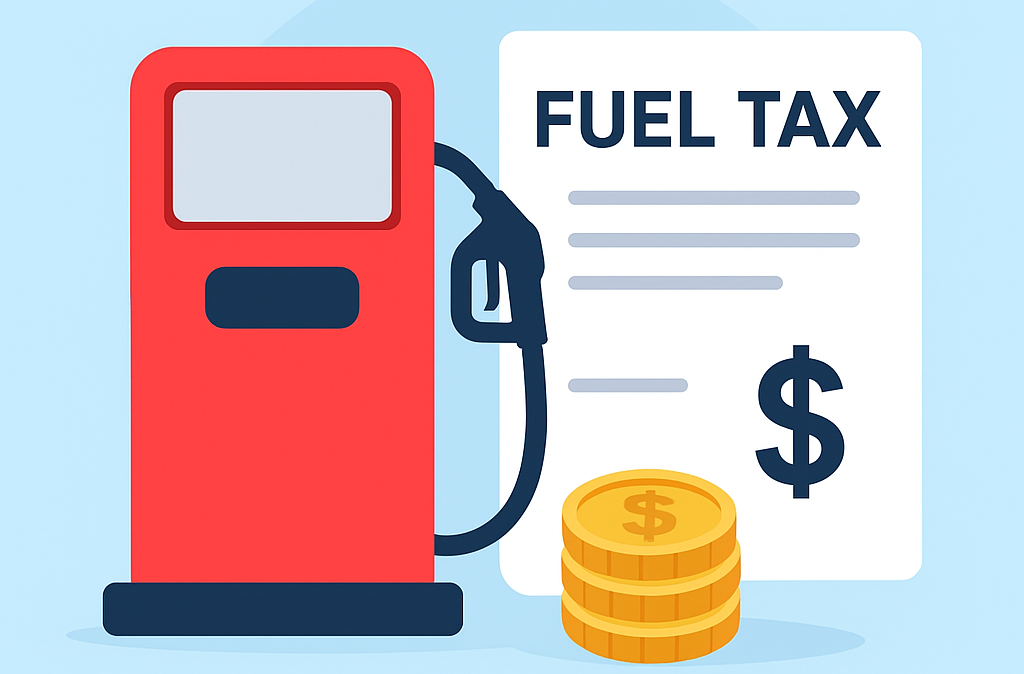•It’ll protect, revive local production — MAN, NECA
•Local capacity still inadequate — LCCI, ASBON
By Yinka Kolawole
At the backdrop of the Federal Government’s decision to impose a 15 percent tax on imported petrol and diesel to protect local refineries, private sector operators have expressed divergent views on the implications of the policy on the economy in the short-term.
Although they all agreed on the potential long-term benefit of the policy, the Manufacturers Association of Nigeria (MAN) and Nigeria Employers’ Consultative Association (NECA) have called for immediate implementation, while the Lagos Chamber of Commerce and Industry (LCCI) and Association of Small Business Owners of Nigeria (ASBON) are seeking a more cautious approach noting that the current inadequate local capacity could create supply gaps leading to hike in prices with the attendant inflationary pressures.
Director General of MAN, Segun Ajayi-Kadir, said the move is a strategic step and patriotic policy that aligns with the ‘Nigeria First’ agenda and MAN’s long-standing advocacy for local content development and patronage of Made-in-Nigeria.
“This is a sure step in the promotion of local value addition, strengthening domestic refining capacity, conserving foreign exchange, and advancing Nigeria’s long-term industrialisation objectives.
“MAN recognises the importance, significance, and necessity of the approval of the 15% import tariff on petroleum products – petrol and diesel; and acknowledges that the tariff is a rightful, deliberately designed policy instrument intended to protect and encourage domestic producers, curb dumping, and create a stable environment for local refiners to thrive.”
Ajayi-Kadir however noted that while supporting the 15% tariff imposition, MAN expects transparent, efficient, and well-coordinated implementation to ensure its benefits reach both industry and consumers, safeguard competitiveness, and prevent unintended cost burdens. In a similar vein, NECA’s Director General, Wale Oyerinde, said the measure will help protect and revive local production.
“If the 15% tariff is the ‘punishment’ we must bear collectively for our recklessness in allowing our four refineries to collapse, then so be it.
“Even developed nations like the U.S. are introducing protectionist policies to protect their local industries. We don’t have much excuse not to do the same,” he said on a television programme.
According to Oyerinde, the model should be extended beyond petroleum products to other sectors where Nigeria has the capacity to produce locally.
“To ramp up production in the manufacturing and real sectors, this kind of policy should extend there too. Why do we import things we can produce locally? We have said that everything we can produce locally should attract import duties, provided we have made sufficient arrangements for local production to meet our needs,” he added.
Taking a different view, Director General of LCCI, Dr. Chinyere Almona, called for the postponement of the implementation of the tax policy. She stated: “Nigeria is already experiencing cost-of-living pressures, supply-chain, and inflation challenges. The business community will be sensitive to further cost shocks. Increased fuel costs affect transportation, supply chains, agriculture, logistics, and manufacturing – this, in turn, disproportionately impacts SMEs and trading firms.
“A premature restriction on imports, without sufficient domestic production, could lead to supply shortages, higher pump prices, and inflationary pressures across critical sectors. We recommend that the implementation of this tax policy be postponed.”
On his part, President of ASBON, Dr Femi Egbesola, said the policy could result to higher operating costs for small businesses reduced profit margins in the short run.
His words: “The Federal Government’s decision to impose a 15% tax on fuel imports is a strategic move to protect and encourage local refineries like Dangote Refinery, reduce reliance on imported petroleum products, and conserve foreign exchange. In the long run, this could strengthen Nigeria’s energy security, stimulate investment in domestic refining, and create jobs across the value chain.
“However, in the short term, this policy is likely to increase the landing cost of fuel and push pump prices upward, since local refining capacity is not yet sufficient to meet national demand.
“For small businesses that rely heavily on fuel for transportation and power, this could mean higher operating costs and reduced profit margins. The government should therefore implement the tax gradually and ensure local refineries operate efficiently while providing temporary relief or support measures for small enterprises to cushion the immediate impact.”
The post Private sector operators differ on 15% tax on fuel imports appeared first on Vanguard News.

